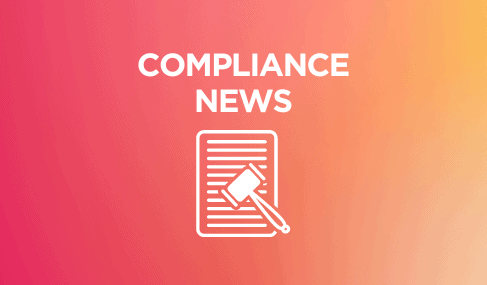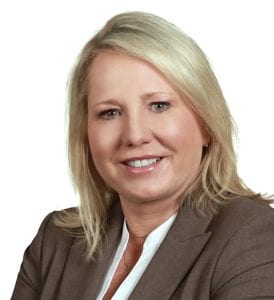
We aim to highlight the importance of due diligence in lead campaigns and to keep our customers and industry associates up-to-date with the compliance news reported for our industry. This article is reprinted here for our readers from the blog TCPA Monitor, courtesy of our legal partners Mac Murray & Shuster LLP. The information on this page and related links is provided for general education purposes only and is not legal advice. Convoso does not guarantee the accuracy or appropriateness of this information to your situation. You are solely responsible for using Convoso’s services in a legally compliant way and should consult your legal counsel for compliance advice. Any quotes are solely the views of the quoted person and do not necessarily reflect the views or opinions of Convoso.
Ohio AG & FCC Send Message to Illegal Robocallers

by Michele Shuster
A recent case filed by a state attorney general, in cooperation with the Federal Communications Commission (FCC), puts illegal robocallers that don’t play by the rules on notice that not only the companies but also their owners will be sued.
Ohio Attorney General Yost sued 14 companies and 8 people alleging they had “orchestrated an unlawful and complex robocall scheme, at times besieging consumers with more than 77 million robocalls a day to generate sales leads.”
With this astounding number of calls, it’s no wonder that extended automotive warranty calls are persistently at the top of the list of consumer complaints received by regulators! The case also illustrates how effectively the state AGs, through regional and National Association of Attorneys General “robocall working groups” and the FCC’s “Robocall Response Team,” work together to take down an alleged illegal robocall syndicate. This trend will continue based on the signing of robocall investigation partnerships between the FCC and a large majority of state Attorneys General.
Specific allegations in the lawsuit include:
- Making unlawful robocalls without consent
- Failing to disclose the callers’ identities
- Placing calls to numbers on the national Do Not Call Registry
- Failing to honor Do Not Call requests
- Failing to transmit accurate Caller ID information
- Making misleading representations in the initial robocalls
Simultaneously, the FCC issued cease-and-desist letters to voice service providers (VSPs) that originated calls for the Defendants, and it also issued a public notice to all U.S.-based VSPs informing them of the letters and authorizing them to block calls still being generated by the 22 named defendants. It’s estimated that over the past 4 years the Defendants are responsible for over 8 billion unlawful calls, most of which were prerecorded messages, to consumers.
The FCC warned the originating VSPs that if they continue to fail to comply with the requirements laid out in the relevant cease-and-desist letter, the FCC will issue a follow-up instructing all carriers to stop carrying any calls from the identified originating VSPs. This is the type of threat that, if acted upon, puts the VSP out of business permanently.
On the heels of this Ohio-led and FCC-supported enforcement action, the National Association of Attorneys General and the Michigan and Ohio Attorneys General are hosting the “2022 Robocall Summit” July 12-13 in Detroit, Michigan. The agenda includes a panel of attorneys general, who will provide a year in review regarding state robocall cases, industry and federal enforcers, plus representatives from consumer advocacy groups.
Get blog articles delivered to your inbox in our monthly roundup of the Convoso omnichannel contact center blog for insights on all the latest trends, tips, and more. Subscribe to the Convoso blog.
